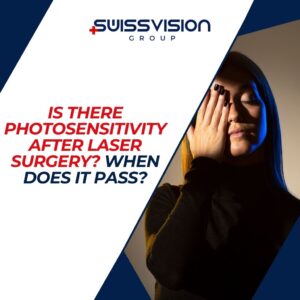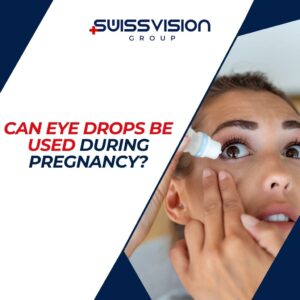LASIK surgery is one of the effective and fast-resulting laser treatments preferred to eliminate refractive errors in the eye. In general, the result of the surgical operation is effective and fast, but unfortunately, it is not possible to apply LASIK surgery in all cases. So what are these situations? Who is LASIK not suitable for? Let’s look at the details.
Who is not suitable for LASIK?
As in many similar laser eye surgeries, the corneal layer is shaped in LASIK operation and thus refractive errors are eliminated.
In the preoperative processes, the person is examined in detail and all details for the operation are determined. Since the condition and degree of refractive errors vary from person to person, detailed examination is essential.
At this stage, we encounter some extra situations. In general, due to some reasons determined after the examination, it may not be possible for the person to undergo LASIK operation. So what are these situations?

Conditions Preventing LASIK Surgery
- Being under 18 years of age.
- The cornea is too thin to be operated on
- If the pupil exceeds the 7 mm limit when dilated in a dark environment
- Change in eye number within the last 1 year
- Being in the pregnancy period. Because, depending on the changing hormones during pregnancy, there may be changes in the eye number. In addition, there may be a situation such as increasing the risk of dry eye.
- Having rheumatic disease.
- Having an active allergy in the eye or an active infection in the eye
We can say that patients with one or more of these conditions are not suitable for LASIK surgery. But as we said, a detailed examination is required to make a decision and to make sure whether the person has an obstacle to surgery.




